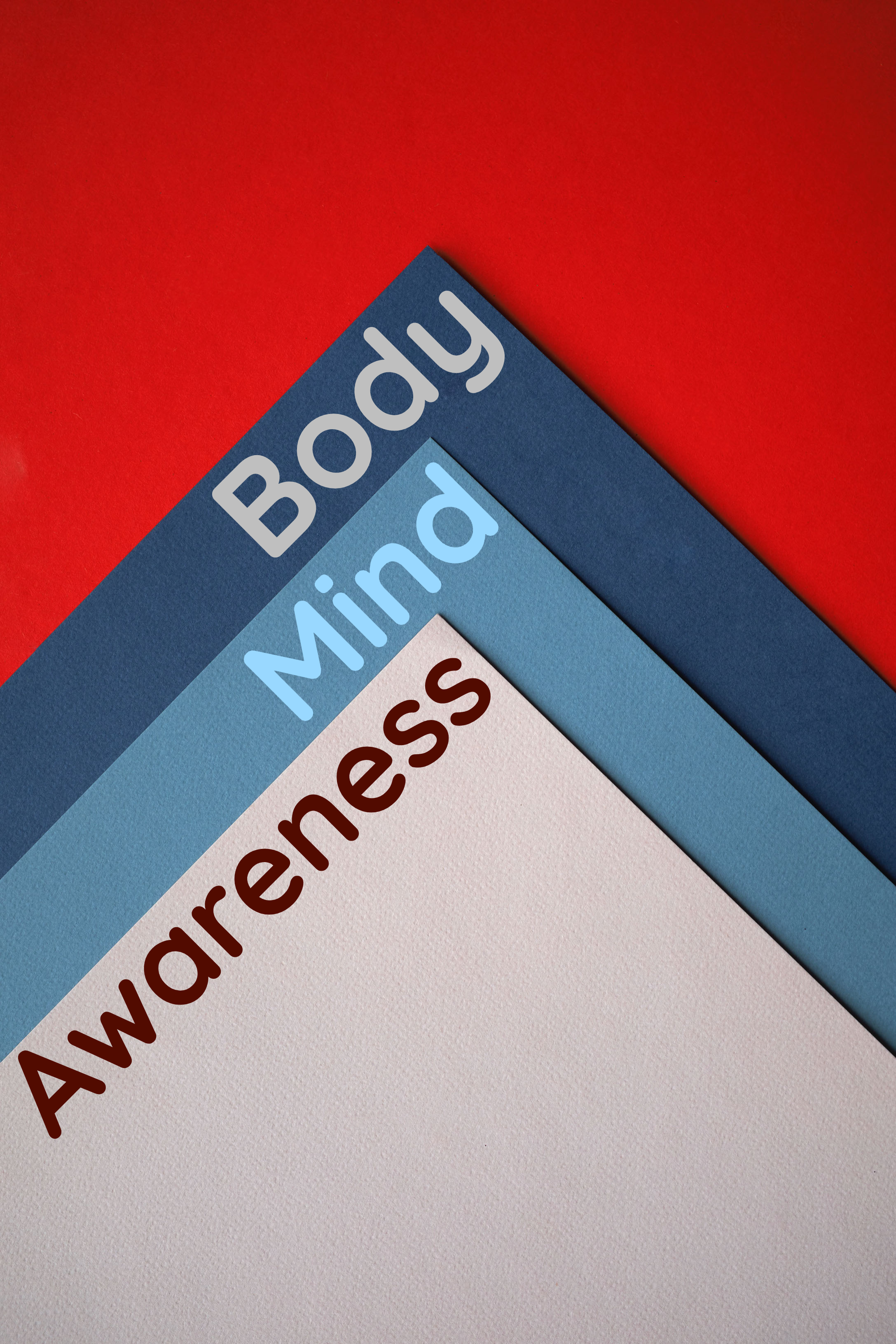The mind, ego and desires vs. awareness. Tipping the balance.
The sense of individuality we carry lends meaning and perspective within the familiar confines of the mind and the body. When we call that sense of identity the ego, we immediately try to distance ourselves from the word ego. People like to say they have little or no ego. A rough correlate of the intensity and depth of ego is the volume and extent of desires we identify as personal ones. Almost all desires fall into one of four categories; they are related to food, survival, pleasure, and power. These categories are universal and represent the collective desire of humankind. Some may have more of one kind and less of another, and here individuality plays a significant role. The taste of individual desires may vary, but their flavors are almost always in one of the four categories. Without the spark of ego, no desire can catch fire in the mind.
The fire of our unfulfilled desires burns day and night, either raging or smoldering. This fire is powerless against the ego just as fire cannot burn fire, but it easily incinerates hard-won peace and happiness. It is ego that keeps all desires alive. Unlike a forest fire which chars the floor of the forest, the burning of desire turns the soil of the mind wet and fertile where more desires can easily take root. More the mind burns with passion, harder it is to quench the thirst of desires. It is a losing proposition, yet we persist. Desire is perhaps an enduring legacy of evolution meant for physical upkeep and survival.
On the evolutionary scale, the mind is a relatively recent occurrence. Primitive instincts have carried over into the mind, and the human brain is hardwired with those instincts. Ego takes those instincts from the level of species survival to individual survival. For instance, we rarely if ever consider the hunger of humanity as we work to fill our stomachs. When a desire takes on an individual flavor, we take on the responsibility of fulfilling that desire. If they are not satisfied, strangers will not suffer, the one carrying the desire suffers. Desiring may not be optional, it comes as part of the mind’s apparatus, but investing time and effort towards the fruition of desires is optional. The risk-reward principle plays into this picture. We risk our time, a diminishing quantity, towards the fulfillment of desire. The more time we invest, the higher is the expectation of a reward. Whatever the reward, it is ultimately distilled as happiness which we all seek. By holding hopes, we set ourselves up for misery when the outcome from a desire does not match up.
The ego makes the pursuit of desires a personal crusade. No one can escape the shadow of the ego, which makes us identify with the body and the mind. This identification, in turn, strengthens the ego. A healthy ego cannot survive by itself. It has its roots in the mind and needs the mind’s backing. The body can survive with the bare essentials, but the mind cannot. It needs variety and generous portions of experiences. The mind cleverly incorporates legacy instincts related to food, survival, pleasure, power into the agency of desire to expand its footprint. If the mind is starved of comfort, it turns on us. Using the ego makes it so personal that we feel we are amid immense suffering even if the body remains perfectly healthy. Overindulging in desires is psychological overeating; suppressing desires is mental starvation. Understanding and sublimating desire is psychological wellbeing.
When the body is subjected to starvation, attention is drawn away from the mind and desires. Instead, the focus is on the immediate needs of the body. Some deliberately starve the body in the name of inner growth and spiritual conquest. Doing so not only inflicts potential harm on the body, but it also sets the stage for the mind and the ego to come back with a greater vengeance when resolve falters. When the mind is suppressed, the ego does not stop growing.
On the contrary, more significant the suppression of the mind, higher is the ego. The statement, “I have conquered the mind” silently keeps repeating inside over and over again, even if it is not verbalized to others. The combination of a suppressed mind and an enhanced ego quietly work in conjunction to kill awareness. Just as dry underbrush can quickly catch fire and result in a devastating forest fire, a suppressed mind dries up inner awareness, and all traces of awareness burns away under the watchful eyes of the ego.
Awareness is a secret inner passage to the whole of existence. The mind and the ego do everything possible to prevent us from accessing this passage. In the pursuit of desire, we are kept chained by the mind and the ego, which keeps us “whole” within the limited confines of the body. Every day that passes by, the task of freeing awareness gets that much harder. The mind will never declare itself full, and it keeps accumulating. The ego will never say it is full grown, and it keeps growing. The forest of the mind is full of seeds that can result in the perpetual growth of the mind. The ego is like the sunlight and water that fuel the growth of a forest.
The length of the passage to pure awareness is proportional to the influence of the mind and ego upon our being. We don’t have to necessarily remain with the ego or be helplessly buried in the mind. In every moment, we are continually making fresh choices to stay with the mind and ego. The determination is usually made unconsciously and follows what we have been doing in the past. The security of habit makes us averse to the uncertainty of change.
The moment in which we make a conscious choice, we have awakened our awareness at that moment. Such fleeting moments of awareness can easily be experienced but one moment’s worth of awareness cannot push against the mind and ego which are heavyweights. By treading the path of awareness, we can still choose to go with the mind and ego. Any choice made with awareness will reveal itself as right or wrong. Awareness triggers something within us that makes us eventually always choose the correct path to follow.
To be genuinely aware is to remain a witness. Through witnessing the mind will dismantle itself thought by thought. We need not interfere or direct the process. The intensity of our witnessing determines the thickness of the glass shield between us and the mind. It is paradoxical when we actively try to whittle down the influence of the mind it grows. When we remain watchful and do nothing, the mind slowly disappears.
The ego cannot stand on its own. It fades as the mind disappears. There may come a time when the balance tips and awareness becomes the dominant part of our being, and the mind an optional add on. When the mind knows it can no longer exert its previous authority over us, it starts to become helpful to ensure its survival. When awareness is in charge, the mind can be turned on when it is needed for its abilities and turned off when the need disappears.







